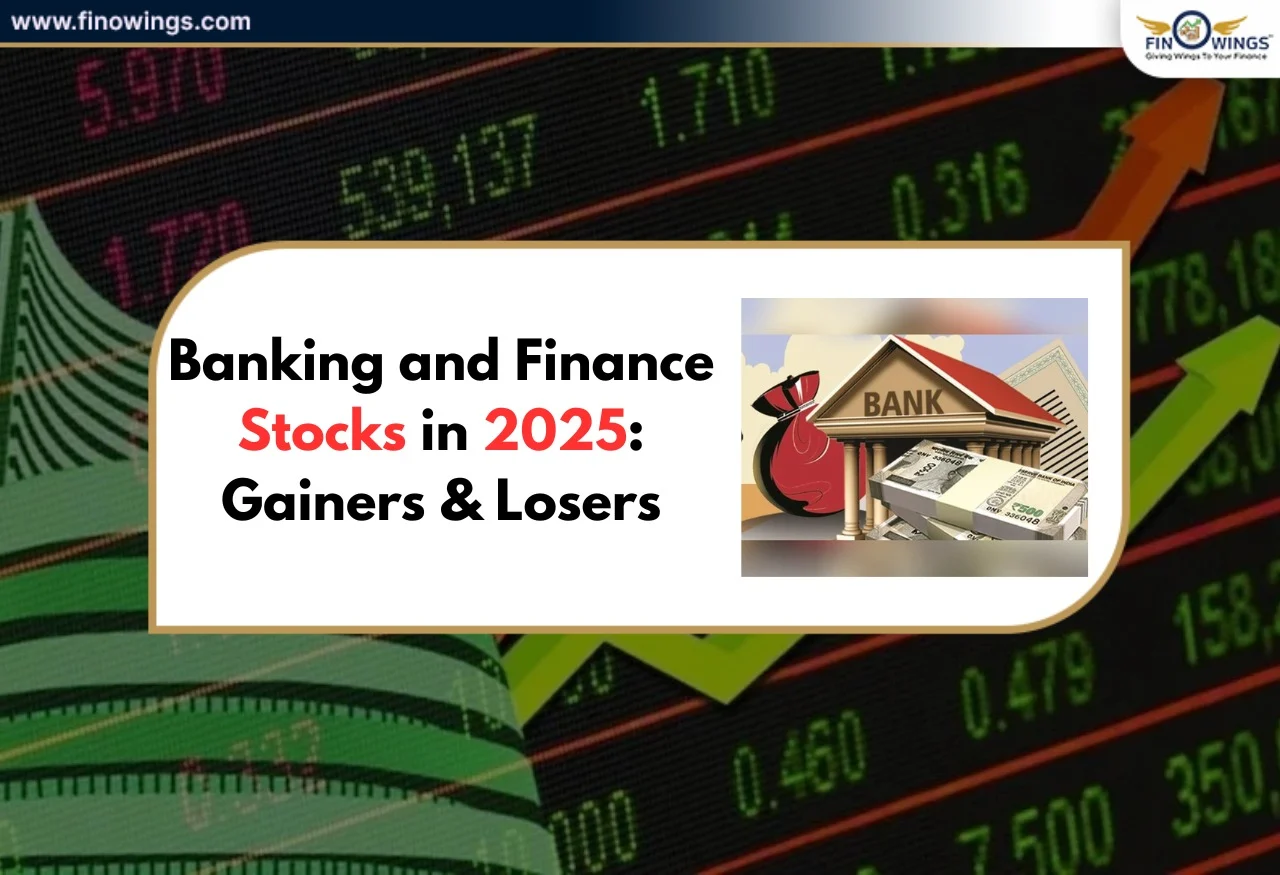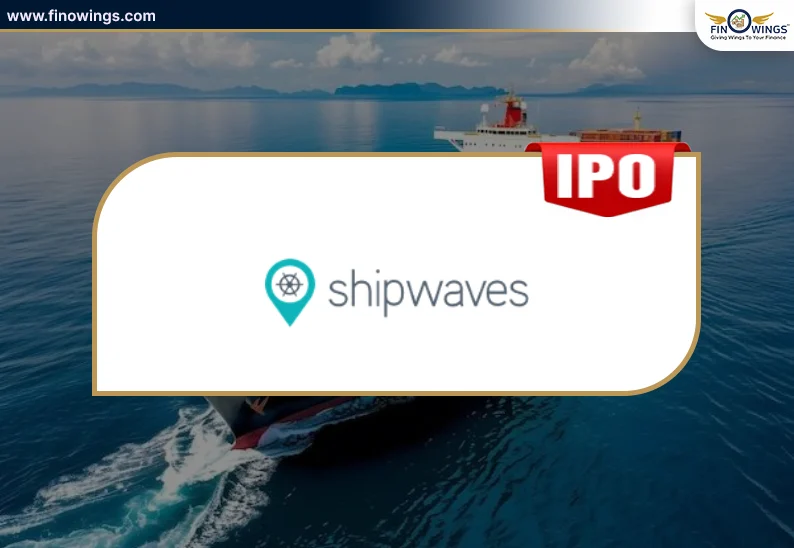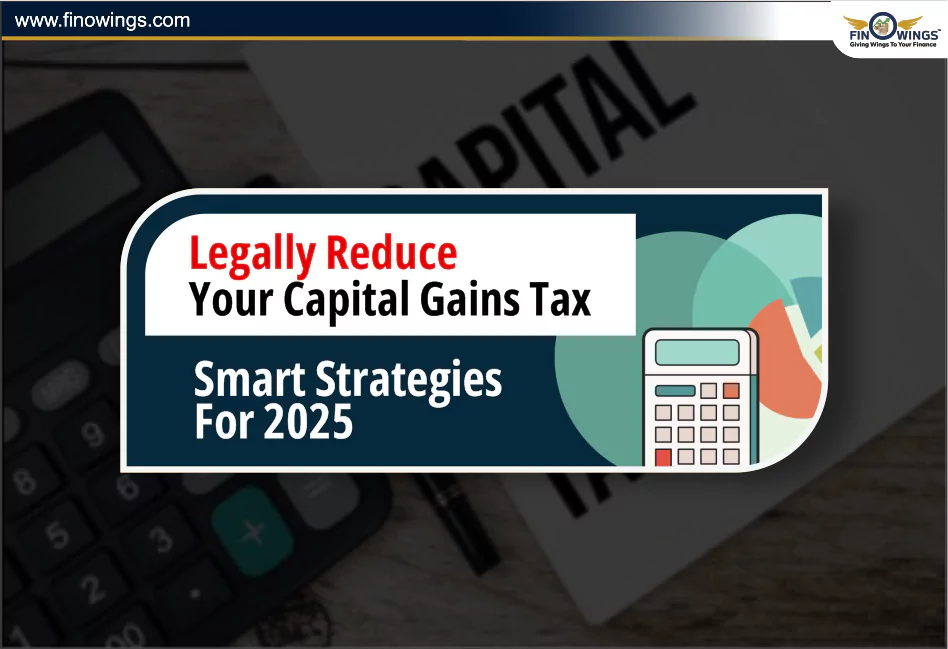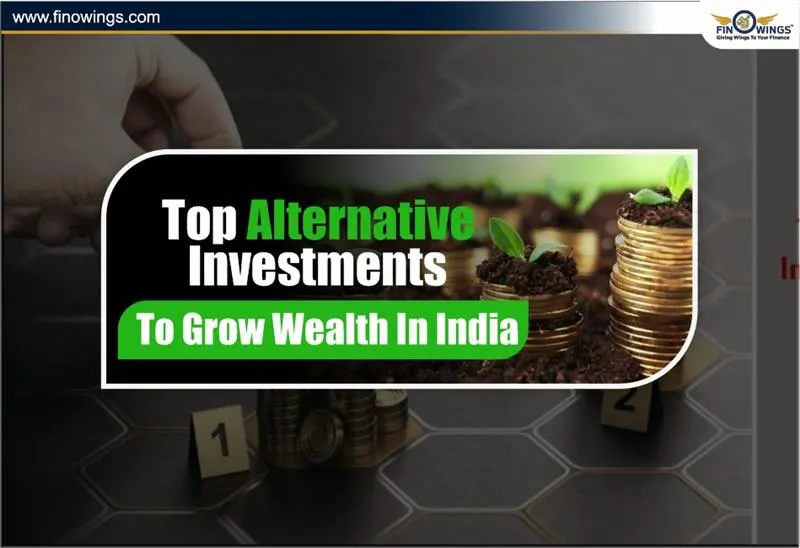What is OPEC?
.jpeg)
Table of Contents
What is OPEC?
OPEC is an abbreviation that stands for Organization of Petroleum Exporting Countries. It is a group of 13 major countries that exports oil to most of the world. This organization was formed to develop petroleum policies and provide technical and economic assistance to its members.
This organization is considered the cartel that controls the supply and prices of oil around the world. The organization works to keep oil prices stable and avoid price fluctuations in the global market, which could harm the economies of both exporter and importer countries.
History of OPEC
Before delving deeper into the Organization of Petroleum Exporting Countries (OPEC), it's important to understand how this organization came into existence.
OPEC was founded in Baghdad in September 1960, with Iran, Iraq, Kuwait, Saudi Arabia, and Venezuela as its founding members. The goal of establishing this organization was to prevent the market from lowering oil prices and to develop robust export policies to establish coordination among the major oil-producing countries.
According to OPEC's act, any country that exports a certain amount of oil and follows the organization's regulations can become a member. As a result, OPEC had added 11 new countries to its organization by 2019, including the founding members.
Those 11 members included Qatar (1961), Indonesia (1962), Libya (1962), the United Arab Emirates (1967), Algeria (1969), Nigeria (1971), Ecuador (1973), Gabon (1975), Angola (2007), Equatorial Guinea (2017), and Congo (2018).
All the world's major oil-exporting countries regulated oil prices and supplies for other nations. However, Indonesia resigned from OPEC in 2016, Qatar stepped down in 2019, and Ecuador relinquished from the organization in 2020 for various reasons.
OPEC currently has 13 member countries, with the organization's headquarters in Vienna, Austria, where the OPEC Secretariat, the executive organ, handles the organization's day-to-day operations.
Apart from these 13 major oil-producing countries, the other major oil-producing countries, which include China, Russia, and the United States, are not members of this organization and are thus free to formulate their oil exporting policies or fix prices.
What is the Goal of OPEC?
The organization was formed to keep oil prices stable and export policies feasible through coordination among its member countries to benefit the member countries and other nations.
OPEC's main goals are as follows:
• To keep oil prices stable by coordinating with its members.
• Developing oil export policies that benefit both the exporter and the importer countries.
• The organization maintains and controls the global oil supply.
• Raise funds to assist its members economically and technically.
• Control oil production to ensure less volatility and an adequate oil supply in the global market.
• To protect its members' rights and assist them in growing economically.
What is the Mission of OPEC?
The organization was formed to form a united body of the world's major oil-producing countries to formulate firm oil policies and stabilize global oil prices. So that the volatility of oil prices does not harm the countries' economies, unity among the major oil-producing countries can be established.
OPEC ensures that its member countries can generate a consistent income from oil production while providing a fair deal to importer countries. In addition, OPEC works to ensure the security of its member countries' rights and the adequate oil supply on the global market.
Furthermore, the organization is responsible for coordinating with its members to stop the fluctuation in oil prices and maintain stability in the global market. This helps to ensure the best interests of both the exporting and importing countries. As a result, OPEC ensures an uninterrupted supply of petroleum in the global market and a consistent income for its members.
Any country can become a member of OPEC if they meet the organization's requirements to receive the benefits. To become a full-time member of OPEC, the country must have a certain amount of crude oil to export and adhere to the organization's policies. In addition, the country must receive at least three-quarters of the vote from existing members to join this organization.
Advantages of OPEC
This organization has numerous advantages. Let's look at the following OPEC advantages:
• It manages the global petroleum market's prices and supply.
• It keeps the major oil-producing companies cooperating.
• It keeps oil export policies in the interests of both producing and obtaining countries.
• It keeps oil production and prices stable.
• It assists its members in overcoming some degree of political hostility.
Disadvantages of OPEC
Nothing in the world has only positive aspects and no negative aspects. OPEC has its own set of drawbacks. The following are some of the organization's common disadvantages:
• OPEC greatly influences oil production because its members manage nearly 80% of the world's crude oil production. Many countries have criticized the organization for its stronghold on crude oil production.
• OPEC forms a cartel and sets its prices. This often does not sit well with other countries.
• Rather than its primary mission of price stabilization, OPEC raises oil prices to create a high incentive for its members.
• OPEC is misusing its power by forming policies that largely benefit its members and help them secure their share in the global market while undermining the rights of importing nations.
Bottom Line
Although OPEC has been chastised for raising oil prices solely to benefit its members, it is important to note that the organization is also working to address many other issues related to oil production and supply in the global market. For example, the organization, founded in 1960 with just five core members and now comprising 13 different countries, continues to work to address geopolitical tensions, oversupply of oil, drops in demand, environmentally friendly techniques, and so on.
Author
Frequently Asked Questions
OPEC develops policies that maintain global oil prices and supply while keeping the oil market stable. It provides a supply of crude oil that is economical and efficient for its member countries and other nations.
OPEC is formed by 13 major oil-producing countries, including Iran, Iraq, Kuwait, Saudi Arabia, Venezuela, Algeria, Angola, Congo, Equatorial Guinea, Gabon, Libya, Nigeria, and the United Arab Emirates.
No, the United States, Russia, and China are not members of OPEC. They are free of the organization's policies and maintain control over their oil production, supply, and prices.
The primary goal of OPEC is to maintain crude oil prices and supply while generating consistent income for its members and keeping the global market as free of restrictions as possible. In addition, the organization works to improve its members' well-being and help them grow economically.
OPEC+ is an organization formed by OPEC in December 2016 with the alliance of other major oil-producing nations that are not members of OPEC. OPEC+ includes Russia, Mexico, and Kazakhstan. They all share the same goal of maintaining the oil prices and supply in the oil market to increase the organization's influence in the global market.
Qatar was an OPEC member until 2019 when it withdrew its name from the organization. Apart from Qatar, Indonesia left the organization in 2016, and Ecuador also terminated its membership in 2020 for certain reasons.
















